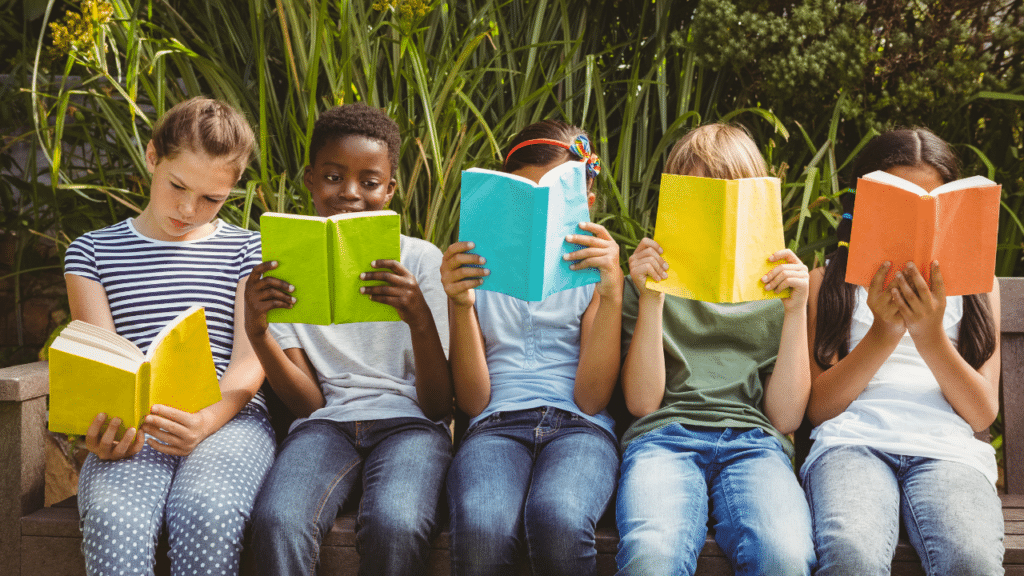While incredibly enriching, reading often struggles to compete with the allure of screens for children’s attention. However, some communities are revitalizing the joy of reading by introducing interactive, endless literary treasure hunts.
In Braidwood, a quaint town in New South Wales, Australia, children’s books like “Goosebumps” and “Diary of a Wimpy Kid” are placed in plastic bags and concealed in various locations around the town. These books might be found in unexpected spots such as shop windows, trees, and local parks.
Each bag contains a note that says:
“You are the lucky finder of this book. Enjoy reading it, and then hide it again for others to discover. Please reuse this bag. Write your name inside the cover, and let’s track how many find it!”
After finishing the book, kids are encouraged to write their names inside and either re-hide it or give it to a friend, adding an extra layer of enjoyment to the activity.
This delightful initiative was introduced to Braidwood by Samantha Dixon, a local mother who had observed similar successful book-hiding projects in other communities online. She also noted how children responded positively to previous trends, such as finding painted rocks scattered around. Dixon saw this book hunt as a fun, creative way to engage children away from screens.
“I love that these books are being read rather than left on shelves and that kids are discovering them outdoors rather than on screens,” Dixon shared with ABC News Australia. “It’s wonderful to see the excitement on the kids’ faces when they find the books. It’s a bit magical.”
The children enjoy the hunt, whether they stumble upon a book while visiting town or find several. The community’s Facebook page is buzzing with posts from children showing off their discoveries.
As someone who grew up immersed in physical books, I cherish the excitement of picking up a new book and the joy of getting lost in its pages. It’s hard to imagine future generations missing out on that thrill or the simple pleasure of turning pages and being transported to different worlds.
While reading on digital devices like iPads or Kindles is not inherently problematic, especially for adults, it may impact how children develop their reading skills. Print books often encourage slower, more focused reading than rapid-scrolling digital screens. Print materials also lack the constant interruptions of pop-ups, allowing readers to engage more deeply with the text. As Naomi Baron explains in her book “How We Read Now: Strategic Choices for Print, Screen, and Audio,” featured in The New York Times, the physical medium and our approach to it significantly influence our reading experience.
Despite the allure of technology, hidden book hunts help remind children of the fundamental joys of reading. And starting with fun is often a great way to foster a lifelong love of books.
 Skip to content
Skip to content
